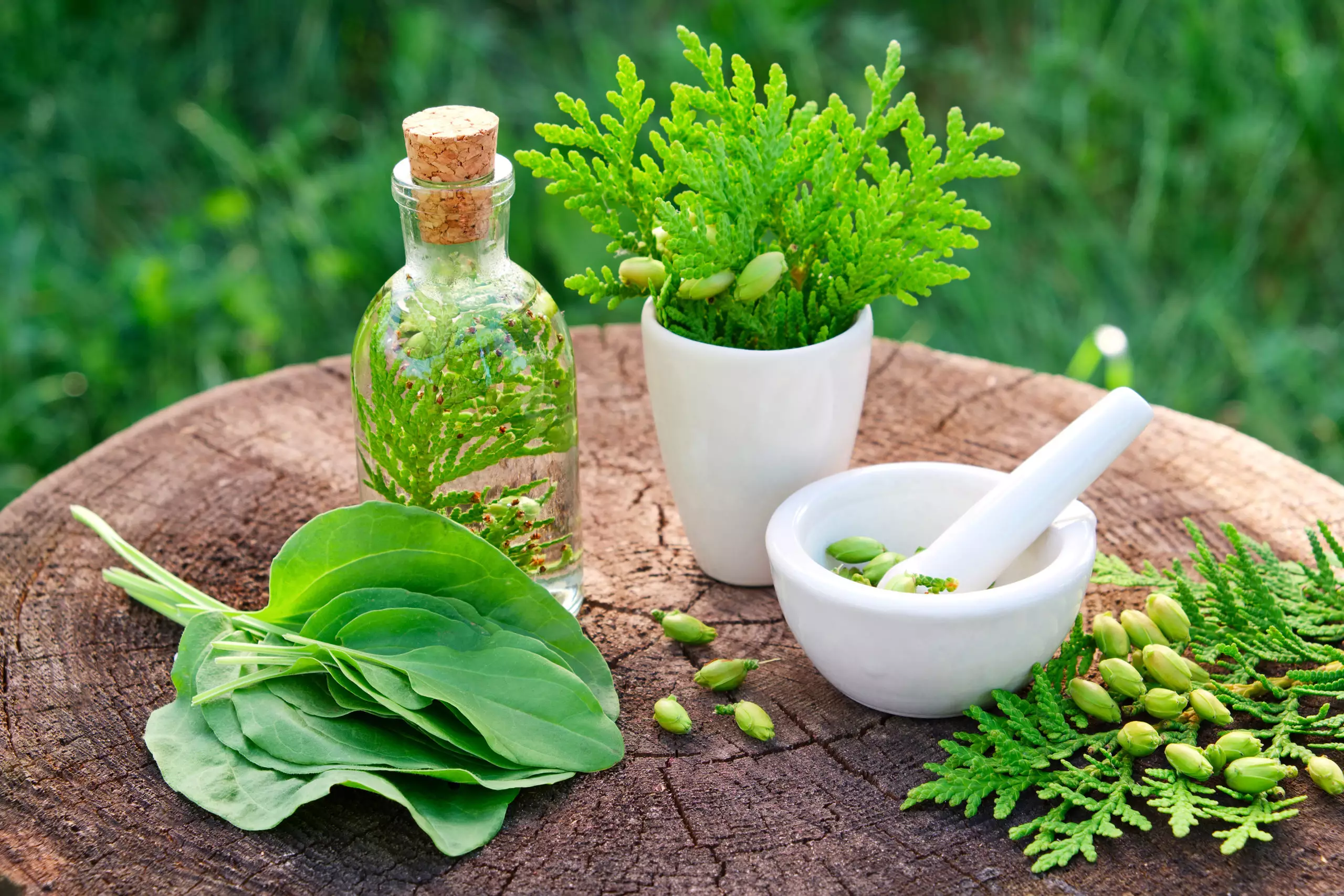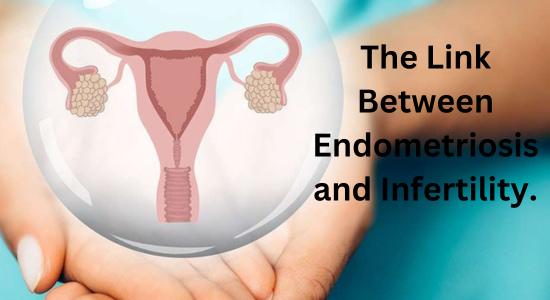Looking for natural ways to manage uterine fibroids? Discover 5 effective remedies, from diet changes to herbal supplements, to reduce symptoms and improve your quality of life.
Introduction
Uterine fibroids are non-cancerous growths that develop in or around the uterus, often causing heavy periods, pelvic pain, and discomfort. While medical treatments like surgery or hormone therapy are available, many women seek natural remedies to manage symptoms. In this article, we’ll explore 5 natural ways to manage uterine fibroids and improve your overall well-being.
A healthy diet plays a significant role in controlling fibroid growth and reducing symptoms. Since fibroids thrive on inflammation and excess estrogen, an anti-inflammatory, hormone-balancing diet can help slow their development.
Foods to Include:
Leafy greens (spinach, kale, collard greens) – Rich in fiber and antioxidants that support detoxification.
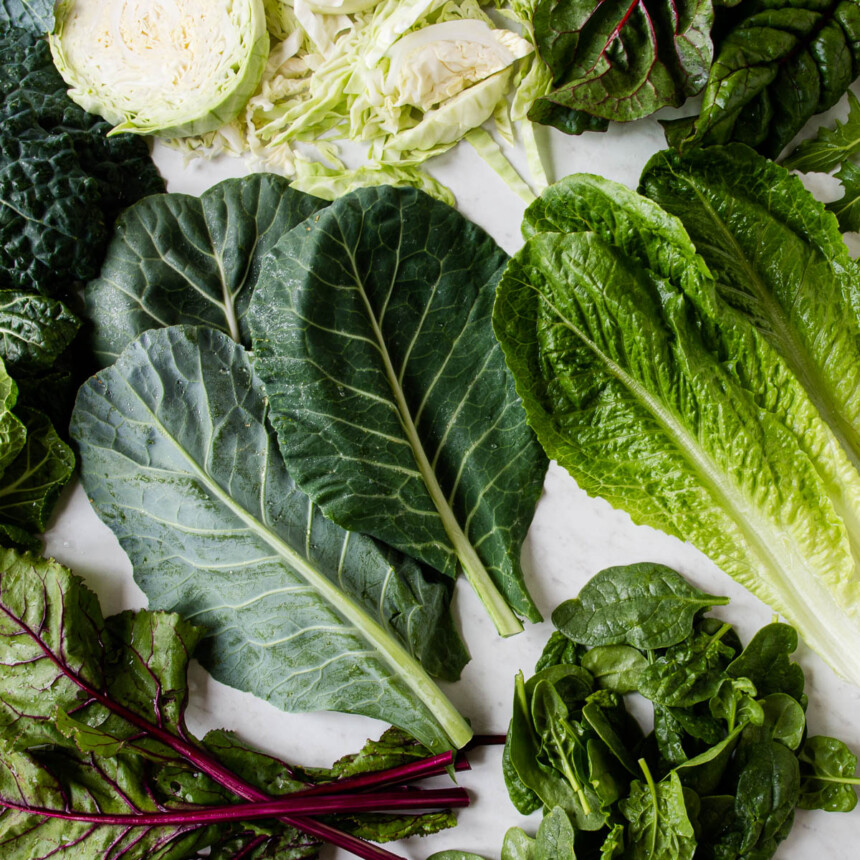
Fruits and berries (blueberries, oranges, apples) – Contain antioxidants that fight inflammation.

Whole grains (quinoa, brown rice, oats) – Help regulate blood sugar and hormone levels.
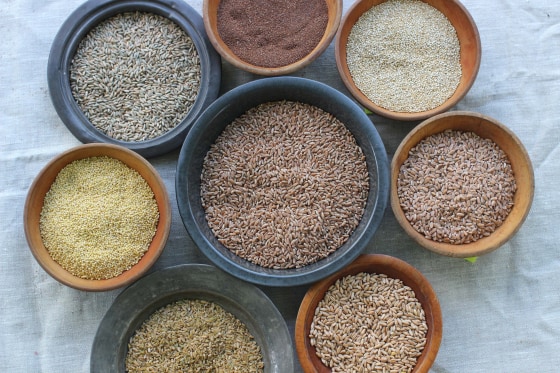
Healthy fats (avocados, olive oil, nuts) – Reduce inflammation and promote hormonal balance.

Cruciferous vegetables (broccoli, cabbage, Brussels sprouts) – Aid in estrogen metabolism, preventing excess buildup.
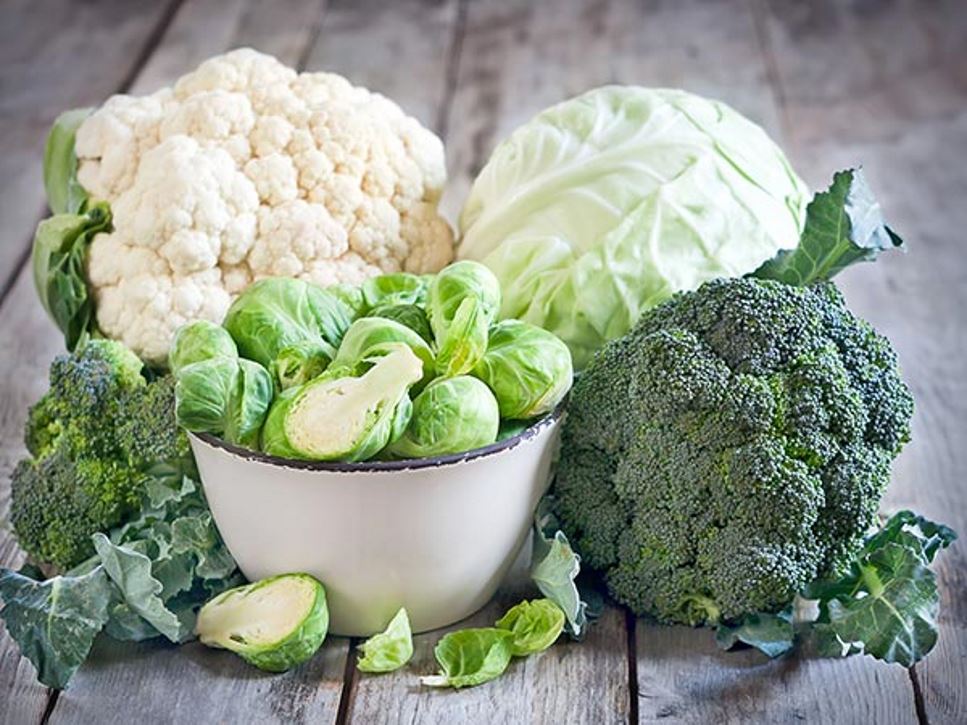
Foods to Avoid:
Processed foods and refined sugar – Can contribute to inflammation and fibroid growth.
Red meat and high-fat dairy – May increase estrogen levels.
Alcohol and caffeine – Can worsen symptoms like heavy bleeding.
2. Herbal Remedies
Certain herbs have been traditionally used to balance hormones and support uterine health. While more research is needed, some herbs may help reduce fibroid-related symptoms.
Recommended Herbs:
Vitex (Chasteberry) – Helps balance estrogen and progesterone, reducing fibroid growth.
Green Tea Extract – Contains epigallocatechin gallate (EGCG), which has been shown to shrink fibroids in some studies.
Turmeric – Has powerful anti-inflammatory properties that can ease fibroid symptoms.
Ginger – Supports circulation and may help with heavy menstrual bleeding.
Milk Thistle – Aids liver detoxification, helping the body eliminate excess estrogen.
How to Use: Herbal teas, tinctures, or supplements may be beneficial. Always consult a healthcare provider before starting herbal treatments.
3. Castor Oil Packs
Castor oil is known for its anti-inflammatory and detoxifying properties. When applied externally, it may improve circulation and reduce pain associated with fibroids.

How to Use Castor Oil Packs:
- Soak a cloth in castor oil and place it on your lower abdomen.
- Cover with plastic wrap and place a warm heating pad over it.
- Leave on for 30–60 minutes, 3–4 times per week.
- Wipe off excess oil and rest afterward.
This remedy helps reduce inflammation and stimulate lymphatic drainage, promoting fibroid healing. However, avoid castor oil packs during menstruation or pregnancy.
4. Stress Reduction and Hormonal Balance
Stress triggers the release of cortisol, which can disrupt hormonal balance and contribute to fibroid growth. Managing stress effectively can help regulate hormone levels and reduce symptoms.
Ways to Manage Stress:
Yoga and Meditation – Encourage relaxation and hormonal balance.
Gentle Exercise – Walking, swimming, or stretching can improve circulation and reduce inflammation.
Aromatherapy – Essential oils like lavender and clary sage may help balance hormones.
Quality Sleep – Aim for 7–9 hours of restful sleep to support hormonal health.
5. Detoxification and Liver Support
The liver plays a crucial role in processing and eliminating excess estrogen. A sluggish liver can lead to hormone imbalances, increasing fibroid growth. Supporting liver health through detoxification can help regulate hormones naturally.
Ways to Support Liver Detox:
- Eat liver-cleansing foods – Garlic, beets, lemons, and green tea.
- Drink plenty of water – Hydration helps flush toxins from the body.
- Limit exposure to endocrine disruptors – Avoid plastic containers and chemical-laden beauty products.
- Reduce alcohol and caffeine – Excessive consumption can burden the liver and affect hormone metabolism.
When to See a Doctor
While natural remedies can help manage symptoms, consult a healthcare provider if:
- Your symptoms worsen or interfere with daily life.
- You experience heavy bleeding or severe pain.
- You’re trying to conceive and fibroids are affecting fertility.
Also read about: The Link Between Endometriosis and Infertility.
FAQ
- Can fibroids go away on their own?
- Fibroids often shrink after menopause when estrogen levels drop, but they may not disappear completely.
- Do natural remedies work for everyone?
- Results vary, but many women find relief with consistent use of natural remedies.
- Can diet alone shrink fibroids?
- While diet can help manage symptoms, it may not shrink fibroids entirely. Combining diet with other remedies is most effective.
Resources
Conclusion
Managing uterine fibroids naturally requires a holistic approach that includes dietary changes, herbal remedies, stress management, and detoxification. While these remedies can help reduce symptoms and support hormonal balance, they are not a replacement for medical treatment. If you experience severe symptoms, consult a healthcare professional for a personalized treatment plan.
By adopting a fibroid-friendly lifestyle, you can take control of your reproductive health and improve your quality of life naturally.
